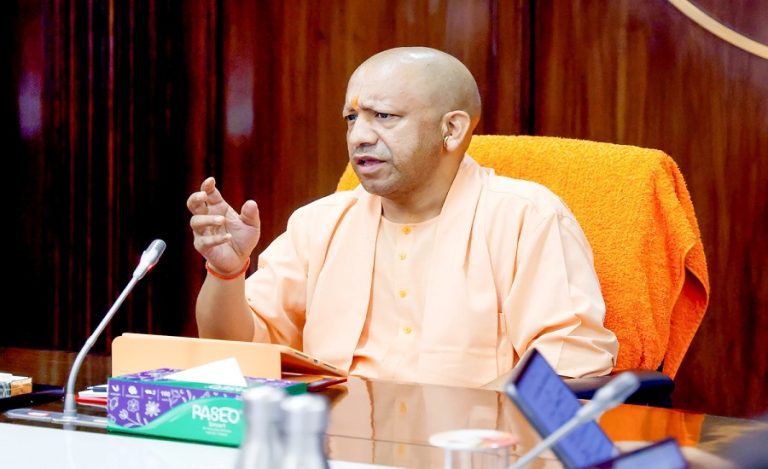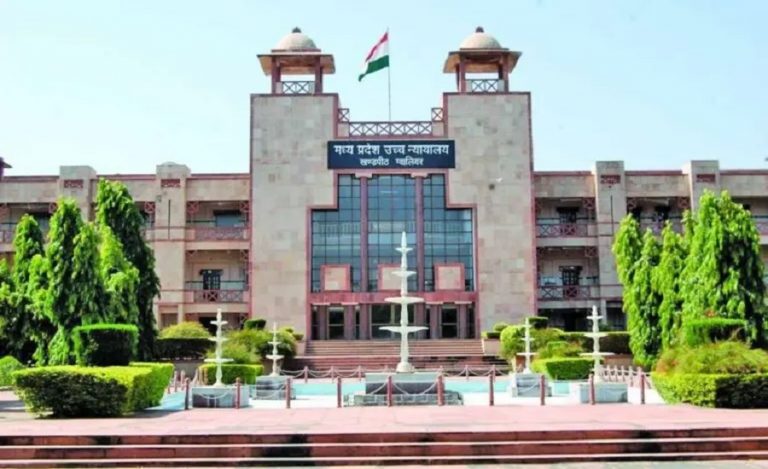Mumbai: In a major step toward strengthening investor protection and enhancing the safety of digital transactions, the Securities and Exchange Board of India (SEBI) has announced a new UPI-based payment mechanism for all SEBI-registered intermediaries that collect funds from investors. The new framework will be effective from October 1, 2025, SEBI Chairperson Tuhin Kanta Pandey, an IAS officer of 1987 batch from Odisha cadre, said during a press briefing in Mumbai.
This move comes amid growing concerns over cyber fraud, fake investment apps, and impersonation of registered brokers. By introducing a verified UPI payment system, SEBI aims to establish a secure and transparent channel for retail investors.
Key Features of the New UPI Mechanism
Under the new mandate–
- All SEBI-registered intermediaries must obtain and use verified UPI handles for collecting investor funds.
- A daily limit of ₹5 lakh per investor will apply when transferring funds to intermediaries via these validated UPI IDs.
- Intermediaries must generate QR codes (with a distinct “thumbs-up” logo) to make payments easier and safer through scanning.
- Investors can continue using existing UPI IDs, but intermediaries must stop accepting payments through older, unverified UPI handles after the October 1 deadline.
The move is designed to provide systemic safeguards for India’s rapidly growing investor base, which now stands at 130 million unique investors.
SEBI Check: A New Verification Tool for UPI Safety
To support this transition, SEBI is developing a new functionality named “SEBI Check”. This tool will enable investors to–
- Verify UPI IDs of intermediaries
- Scan QR codes to authenticate payment details
- Confirm linked bank account and IFSC codes before initiating a transfer
“This innovative mechanism is set to significantly improve the safety and accessibility of financial transactions within the securities market,” Pandey said.
Tackling Fraud and Misrepresentation in the Market
Pandey emphasized that many investors fall prey to fraudulent clones of investment apps and fake broker websites, often distributed through platforms like WhatsApp. Unsuspecting users believe they are transacting with registered entities, leading to substantial financial losses.
“We needed a system where people can know systemically whether they are really investing with the right intermediary,” Pandey said.
To mitigate this, SEBI has already begun working with Google Play Store, iOS, and Android to whitelist validated apps, ensuring that only legitimate apps are listed under the names of registered brokers and intermediaries.
Mutual Fund SIPs and Transition Rules
SEBI clarified that–
- Existing Mutual Fund SIPs using earlier UPI IDs will remain valid.
- For new SIPs or renewals, the validated UPI system will be mandatory.
Intermediaries must offer the new UPI option as a mandatory payment method, while investors retain the flexibility to choose from other modes like IMPS, NEFT, RTGS, or cheque.
Investor Awareness and Protection Campaigns Ahead
SEBI plans to roll out nationwide investor education campaigns over the next two years, focusing initially on:
- Cybersecurity
- Fraud prevention
- Safe investing practices
“These steps are not just regulatory but also educational, aimed at creating a safer digital investment environment for new and existing investors alike,” said Pandey.




























